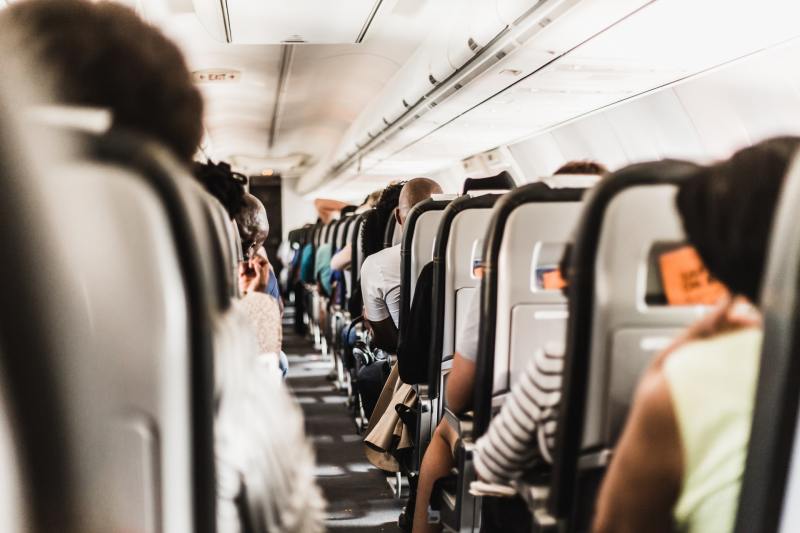
For the last few months, we witnessed a return to almost “normal” in the world of travel. Interstate travel in the U.S. was reopening. Many countries, especially in Europe, had started to loosen travel restrictions (mainly through vaccine passports) to welcome international travelers once again. Now, it seems the latest COVID-19 Delta variant is threatening to undo it all. There’s a lot we still don’t know about this newest variant. Here’s the good, the bad, and how it could affect travel this year.
Related Guides
First: The bad news. In an interview with NPR last month, Dr. Anthony Fauci warned, “The Delta variant is currently the greatest threat in the U.S. to our attempt to eliminate COVID-19.” Of course, that same threat applies not just to the United States but also to countries around the world. The reason it’s so dangerous is that it’s up to three times as contagious as the previous Gamma strain. In that same interview, Dr. Fauci noted the proportion of Delta infections was doubling every two weeks. In regions of the world with the lowest vaccination rates, this has the potential to set back the headway we’ve made in the fight against COVID-19 in the last six months. For air travelers, that could — we stress could — mean tighter travel restrictions and postponed vacations.
But, don’t cancel your Eat, Pray, Love pasta tour of Italy just yet. There’s good news too. Every vaccine currently approved for use in the U.S. and much of the world is capable of fending off every COVID-19 strain, including Delta. In short, if you’re vaccinated, there’s a good chance you’ll be just fine. Last week, CDC Director Rochelle Walensky confirmed, “If you are vaccinated, you are safe from the variants that are circulating here in the United States.”
For domestic travelers, this is good news. As of July, the U.S. has a much higher vaccination rate than many other countries. Barring some dramatic new development related to the Delta variant, it’s unlikely officials here will reinstitute last year’s interstate travel restrictions. Globally, however, less than 15% of people have been fully vaccinated. That fact alone is causing some countries to reconsider their loosening of travel restrictions. As of July 1, every European Union member country (except Ireland) had rolled out an EU-wide COVID travel certificate. This makes it easier for travelers to move through the EU’s 27 countries and four associated nations (Iceland, Norway, Switzerland, and Liechtenstein). The recent surge in Delta variant cases could curtail or completely reverse that rollout.
Right now, Delta is not majorly affecting international travel. Travelers shouldn’t change their plans just yet. The situation is rapidly developing, so this month could be a tipping point in how Delta affects air travel for the rest of 2021. If there’s one recommendation we can give, it’s to get fully vaccinated before traveling internationally. That’s true no matter where you’re headed or for how long. The pandemic has affected every country differently. Some, like India, have been harder hit than others. That’s why wearing a face mask that covers your nose and mouth is smart, too, even if you’re already vaccinated. It’s also required for air passengers and on public transportation in many parts of the world.
Lastly, if you are traveling internationally, keep up to date with the pandemic situation on the ground. You may have the green light to travel to and from your destination in the short term. But, if you’re traveling somewhere with a sudden surge in Delta variant cases, your ability to return to the U.S. could change if the United States or your destination country suddenly changes its rules on international travel. If so, you could find yourself stuck “on vacation” indefinitely.
Rules, regulations, and the COVID-19 situation, in general, are changing on a daily basis. It may be obvious, but don’t rely solely on us for your COVID-19-related travel info. Like Dr. Phil, we’re not qualified to dispense medical advice. Check the latest facts, news, and recommendations with the CDC to determine what’s right for you, especially if you’re planning to travel.


